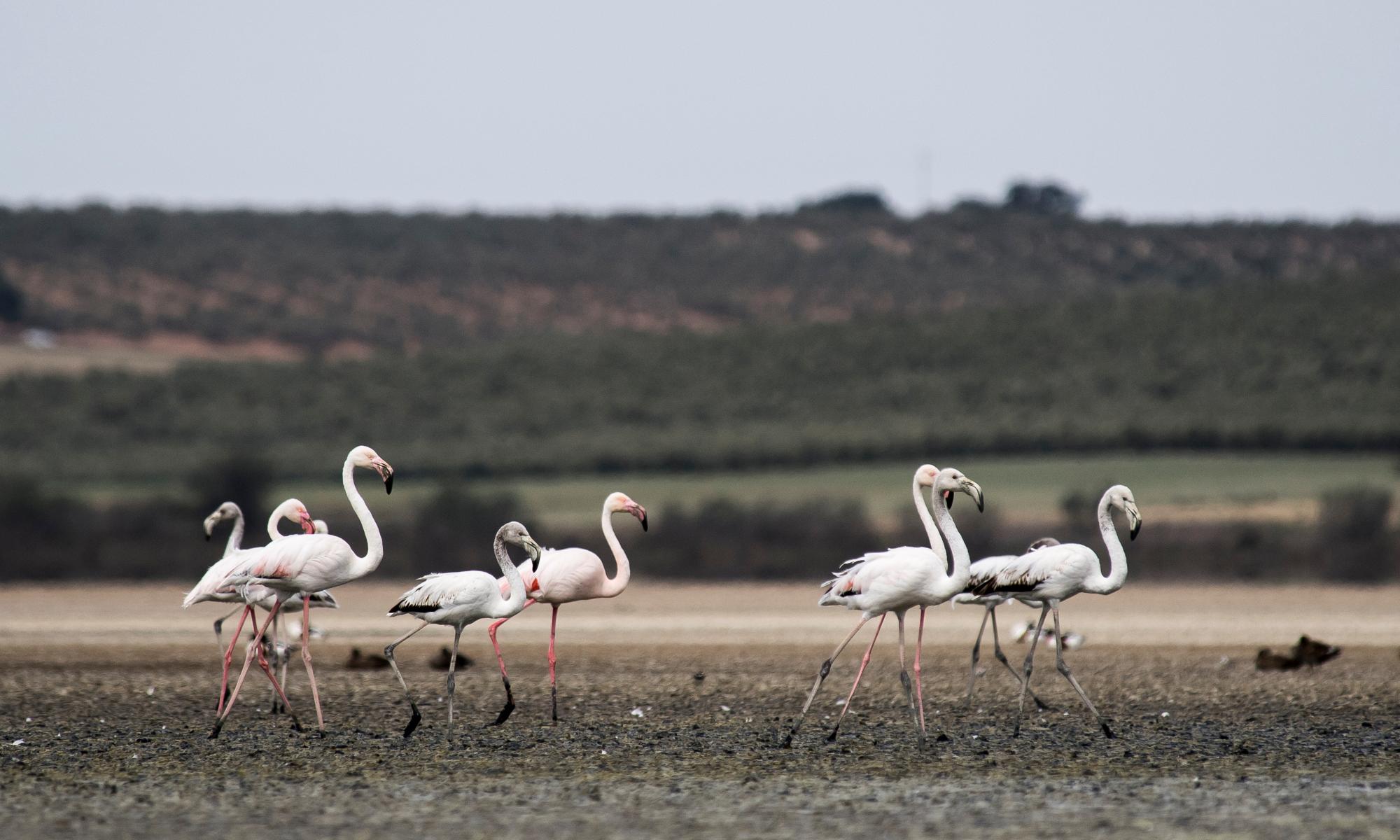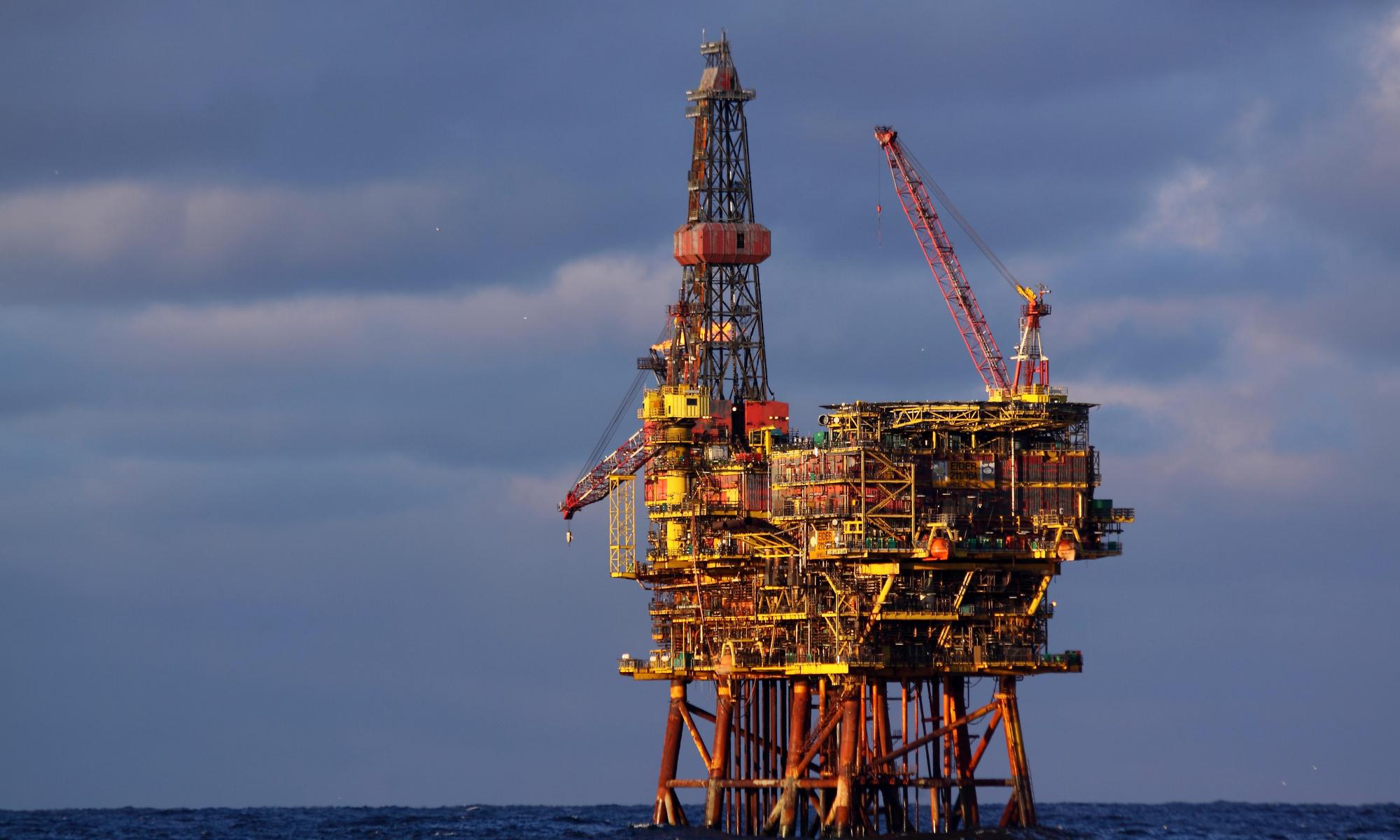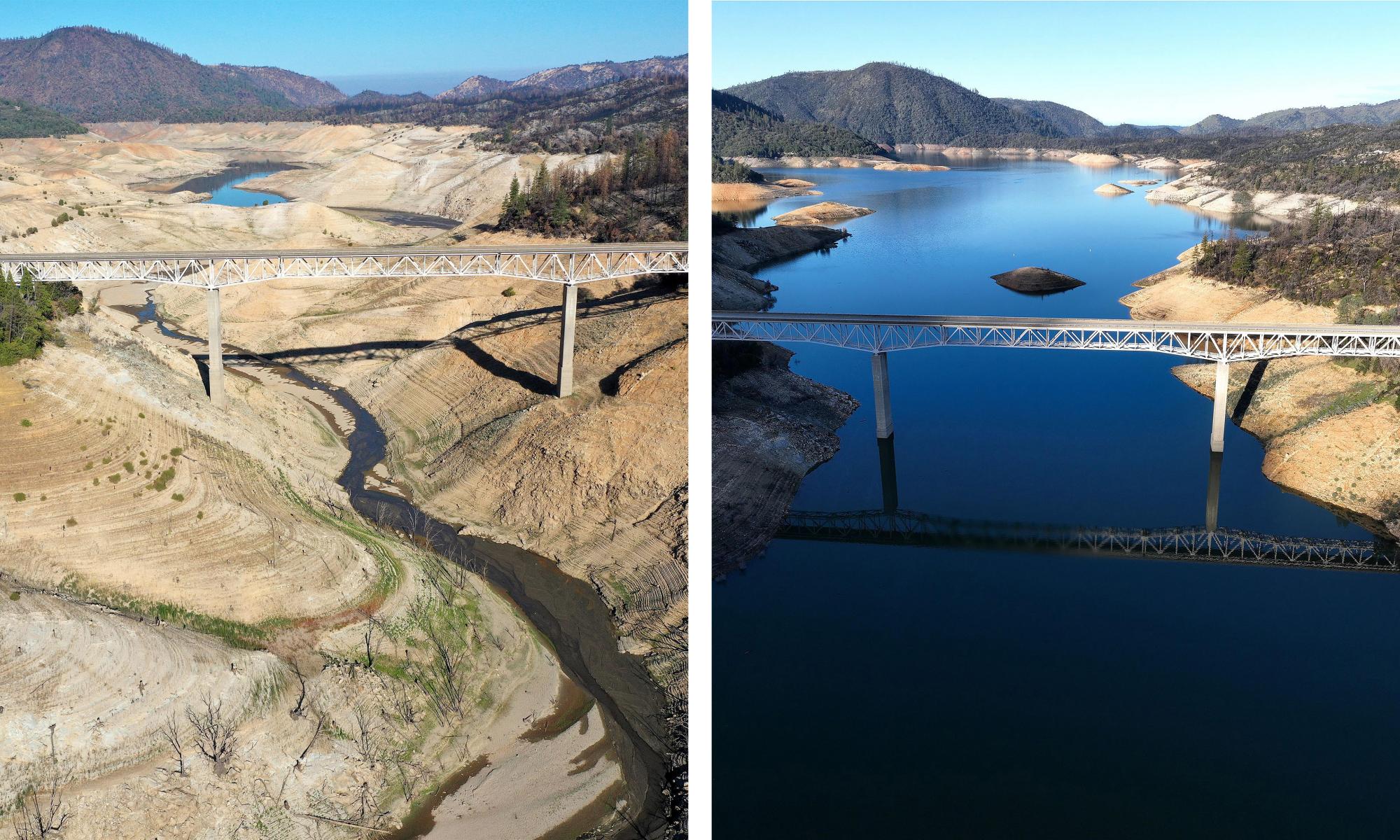Politically connected power baron Trevor St Baker says there is no way a new coal-fired power plant will proceed at Collinsville unless the Morrison government agrees to shield the project from a change of climate policy.
A day after Scott Morrison left open the option of his government indemnifying a new coal plant in Collinsville from future carbon risk, St Baker told Guardian Australia no project at that scale could proceed without an indemnity from the commonwealth.
“There’s no doubt – you can’t bank a project that doesn’t have a change of law protection,” St Baker said. “It needs that. You need a business case for the offtake, and the business case for the offtake needs to be protected against any change of law, including a carbon tax.”
Offtake agreements are contracts between power generators and customers.
Indemnities mean that taxpayers, not private developers, wear the risk of any change of policy. The Ai Group argued in 2018 that net present value of fully offsetting the lifetime emissions of a new 2GW “high-efficiency low-emissions” power plant could be $17.5bn, and more than $1.3bn annually by 2030, depending on what carbon policies were ultimately adopted.
With the Collinsville project sparking sharp divisions between Liberals, who argue the government should play no role in the development, and Nationals, who are pressuring Morrison to support it, St Baker queried whether there was actually a sound business case for the plant.
He noted there was “a surplus already in north Queensland”. The Australian Energy Market Operator (Aemo) noted in 2018 there was an “energy surplus” in north Queensland, and “further large-scale generator connections are unlikely to be efficient in north Queensland until existing thermal generation in central Queensland starts to retire” in the 2030s.
He said the principal proponent of the Collinsville development within government, the former resources minister Matt Canavan, was “a Queensland senator” and might be pushing the development as a means of attracting new jobs to Queensland.
But he queried who the customers for the power might be, given the energy surplus, and he speculated the principal customer might be Adani. “There must be a new load behind this. Is that Galilee Basin coalmines? Who else? A bit of it might be Copper Link. That’s under hot negotiation at the moment.”
St Baker, a Liberal National party donor who maintains a substantial political network, has two generation projects that the Morrison government might underwrite through a program that aims to support new investment in power generation. One is a coal upgrade at Vales Point at Lake Macquarie. St Baker is also the proponent of a pumped hydro project in South Australia.
He says he has not sought an indemnity for his Vales Point coal upgrade because the investment is small-scale and the operating life is comparatively short.
After the government confirmed at the weekend it would support a feasibility study looking at the project, Morrison was asked by Labor in parliament on Tuesday whether he was prepared to give the Collinsville project a taxpayer indemnity from carbon risk.
Morrison stepped around the question from the shadow climate change minister, Mark Butler, saying that matter was “not currently before the government”.
While many Liberals are strongly opposed to the government supporting coal developments, in 2018, the energy minister, Angus Taylor, held open the option of providing indemnities, telling Guardian Australia the government would look to remove the risks stopping investment in new power generation.
“I’m saying we will look at whatever risks that can’t be managed by the companies that need to be managed to get investment,” Taylor said.
“What we are saying is the risks that government needs to absorb to get investment in reliable generation, we will look at absorbing. We need the investment.”


